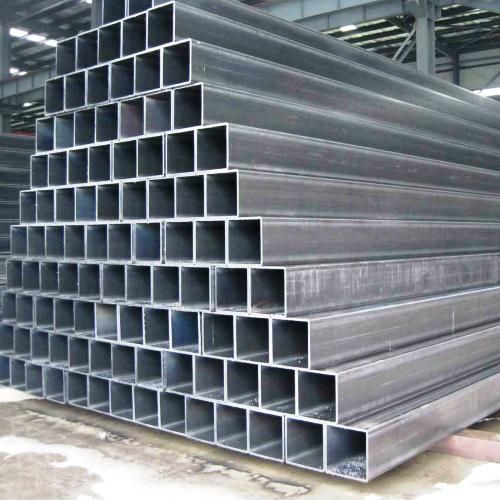The Backbone of Fluid Conveyance: Industries Benefiting from Steel Pipes
2023-12-28
Introduction
In the realm of fluid transport, few materials stand as resilient and versatile as steel pipes. Renowned for their durability, strength, and corrosion resistance, steel pipes find indispensable roles in various industries where the efficient and secure conveyance of fluids and gases is paramount. This blog explores the diverse industries that commonly rely on steel pipes for fluid and gas transportation, showcasing the crucial role these robust conduits play in powering global infrastructure.
1. Oil and Gas Industry:
Transmission Pipelines:
- Steel pipes are the backbone of the oil and gas industry, facilitating the transport of crude oil and natural gas over vast distances.
- Large-diameter steel pipelines are used for transmission, ensuring the reliable flow of hydrocarbons from extraction sites to processing facilities and distribution centers.
Drilling Operations:
- Steel casing and tubing are employed in drilling operations to protect wellbores, ensuring structural integrity and preventing contamination.
2. Water and Wastewater Management:
Water Distribution Networks:
- Steel pipes play a vital role in water distribution systems, efficiently transporting potable water from treatment plants to residential, commercial, and industrial areas.
- Ductile iron pipes, a specific type of steel pipe, are commonly used for water mains due to their durability and resistance to corrosion.
Sewer Systems:
- Steel pipes are utilized in sewer systems for the efficient conveyance of wastewater, providing a durable and corrosion-resistant solution for underground applications.
3. Construction and Infrastructure:
Building Construction:
- Steel pipes are employed in plumbing systems within buildings, ensuring the efficient distribution of water and gases.
- Galvanized steel pipes are often used to resist corrosion in plumbing applications.
Bridges and Tunnels:
- Steel pipes are integral in the construction of bridges and tunnels, providing structural support and facilitating drainage systems.
4. Automotive Industry:
Automotive Exhaust Systems:
- Stainless steel pipes are commonly used in automotive exhaust systems due to their resistance to corrosion and high temperatures.
5. Chemical Processing Industry:
Transportation of Chemicals:
- Steel pipes, often made from alloys with corrosion-resistant properties, are used for transporting various chemicals in the chemical processing industry.
- Stainless steel pipes are preferred in corrosive environments.
6. Mining and Minerals Processing:
Slurry Transport:
- In mining operations, steel pipes are utilized for transporting slurry—a mixture of water and finely ground minerals—from extraction sites to processing plants.
Conclusion
Steel pipes serve as the lifeblood of fluid and gas transportation in an array of industries, embodying strength, durability, and versatility. From the vast pipelines traversing continents in the oil and gas sector to the intricate plumbing systems within residential buildings, steel pipes play an essential role in powering global infrastructure. As technology advances and industries evolve, the significance of steel pipes in facilitating efficient and secure fluid conveyance is poised to remain unshakable.



